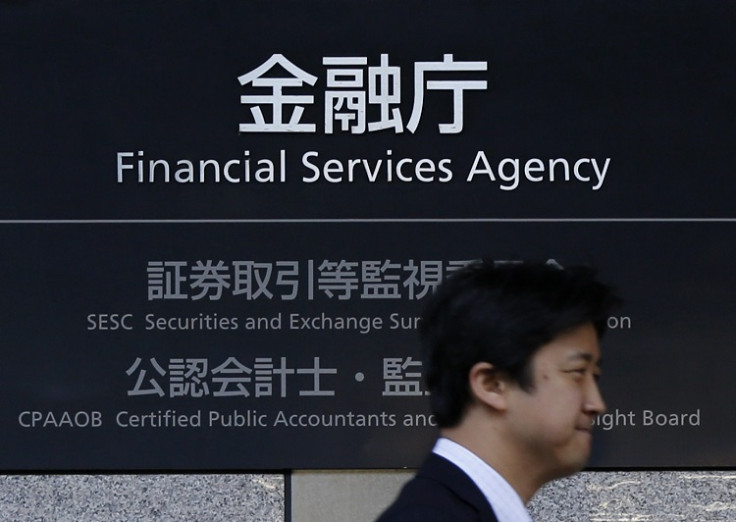Top 12 Business Stories 2013: Japanese Banks Funding Yakuza

The highest echelons of Japan's banking sector were rocked this year by revelations that some of the country's top executives had turned a blind-eye to financial dealings with the iconic yakuza criminal underground.
This year's yakuza loans smear involved Japan's three largest lenders: Mizuho Bank, Mitsubishi UFJ and Sumitomo Mitsui.
Yakuza gangs enjoy an odd, semi-legitimate position within Japanese society: they carry an aura of chivalry and ritual which has a prominent place in the Japanese psyche. They also have a large presence in the Japanese media.
With an international network of 103,000 members, the yakuza are the world's largest criminal organisation. Originally born out of two business factions - peddling illicit or stolen goods and gambling - yakuza business interests now also include illegal protection rackets, drugs and prostitution.
Yakuza affiliations have blighted the Japanese banking industry for some time. Yakuza-linked loans hit the headlines in the early 1990s following Japan's asset bubble.
Later, in 2004, Citibank (Japan) lost its private banking license because it allowed yakuza transactions to take place. It was reprimanded again in 2009 for failing to update its databases so allowing yakuza to do business with it.
As well as a lot of tattoos, yakuza have business cards, office buildings and operate out in the open. Robert Feldman of Morgan Stanley Japan once called the 40,000-member Yamaguichi-gumi gang "Japan's largest private equity group."
The current phase of scandal started on the 27 September when Japan's Financial Services Agency (FSA) announced that it issued a business improvement order to Mizuho Bank for not taking "substantial steps" to prevent loans to yakuza crime syndicates.
According to the FSA, Mizuho Bank made 230 of such loans with a combined value exceeding 200m yen ($2m, £1.2m, €1.4m).
Those transactions, called tie-up loans, were linked to automobile purchases, and were extended on the basis of loan applicant screenings by affiliated consumer credit companies.
A non-bank lender called Orient Corporation also played a part in the transactions.
Mizuho Bank was ordered to submit a business improvement plan by the 28 October.
Mizuho Bank President Yasuhiro Sato would later admit that his predecessor, Satoru Nishibori, had been aware of the dubious loans since July 2010.
Mizuho decided to cut Sato's pay for six months and announced it would punish more than 50 other employees.
On the 29 October the scandal escalated, to consume two other prominent banks - Sumitomo Mitsui Bank and Bank of Tokyo-Mitsubishi - as the FSA investigation unearthed more discrepancies.
Japanese finance minister Taro Aso, said Mizuho Bank's mob loans were an "extremely serious problem".
On the 15 November at a Japanese parliamentary session, Mizuho Bank President Yasuhiro Sato acknowledged the presence of direct loans to members of the yakuza.
Sumitomo Mitsui Bank President Takeshi Kunibe and Bank of Tokyo-Mitsubishi UFJ President Nobuyuki Hirano followed suit and made similar confessions to politicians.
The three leaders said their banks learned the borrowers were members of the yakuza after loan contracts had been concluded.
The banks said they would terminate the contracts but none of them disclosed details about the number of the problem borrowers or figures involved in affected loans.
The investigation continues.
© Copyright IBTimes 2025. All rights reserved.






















